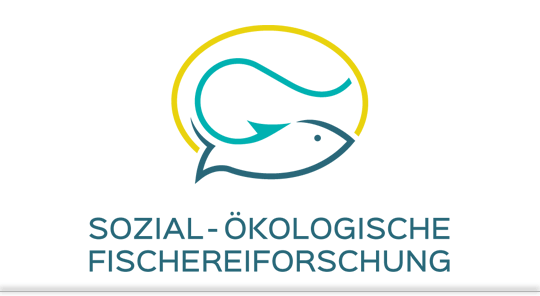As anthropogenic challenges continue to affect our ecosystems, it is becoming increasingly important to understand the physiological and ecological impacts of stress in wild animals. This thesis presents a cohesive and multidisciplinary investigation of the'ecology of stress'. Integrating tools from physiological, behavioural, and population ecology, I provide a comprehensive overview of the life-history mediators and individual- and population-level consequences of physiological stress in wild smallmouth bass {Micropterus dolomieu) and largemouth bass (M salmoides). In an initial set of studies, I first demonstrated that in these parental care-providing fish species, regulation of the endogenous endocrine stress response during parental care is correlated with lifehistory traits. Specifically, larger, older, more experienced parents display an attenuated endocrine stress response when faced with a standardized stressor during parental care. I then demonstrated that all parents display an attenuated endocrine stress response when compared with the responses of non-parental fish. Using exogenous stress hormone implants, I experimentally determined that a chronic increase in circulating stress hormones during parental care is associated with premature nest abandonment and decreased immune function. The combination of results provides evidence that a robust endocrine stress response serves as a mechanism to reduce investment in current reproductive opportunities, and is influenced by current life-history stage as predicted by life-history theory. Expanding the scope of the thesis, I employed the same exogenous stress hormone implants and demonstrated that a transient endocrine stress response is associated with long-term carryover effects. Specifically, fish treated with Cortisol hormone implants exhibited accelerated mortality during a natural challenge that occurred 5 months after the cessation of the initial endocrine stress response. I further determined that a transient endocrine stress response is energetically costly, and is associated with long-term decreases in individual growth rates that are sufficient to cause decreases in population growth rate. As a whole, this dissertation improves our understanding of the ecology of stress in fish by demonstrating that life-history variation underlies inter-individual variation in endocrine stress responses, and by providing potential mechanisms underlying population-level consequences of stress.
The ecology of stress: a multidisciplinary perspective on stress in wild centrarchid fishes
Doktor

O'Connor, C. M. (2011). The ecology of stress: a multidisciplinary perspective on stress in wild centrarchid fishes. Dissertation, Carlton University in Canada
Veröffentlicht
: 2011
Erschienen in
: Dissertation, Carlton University in Canada
